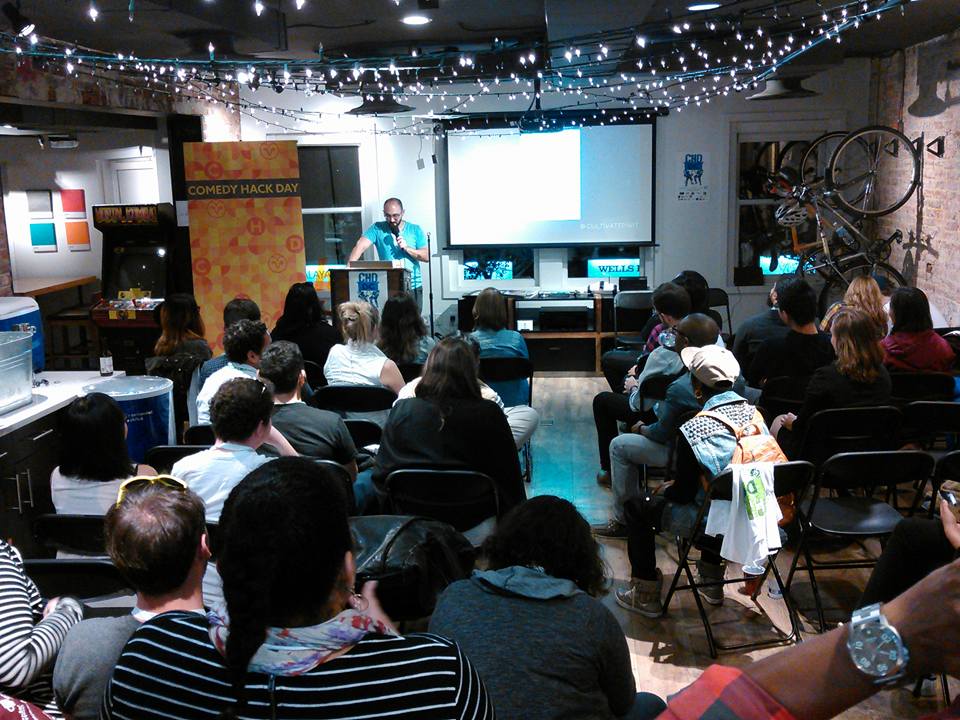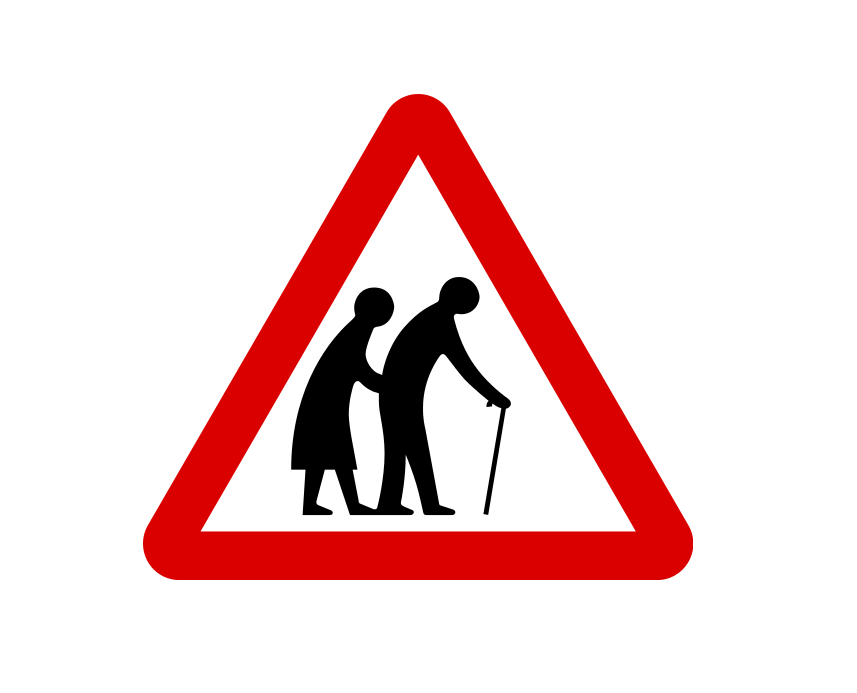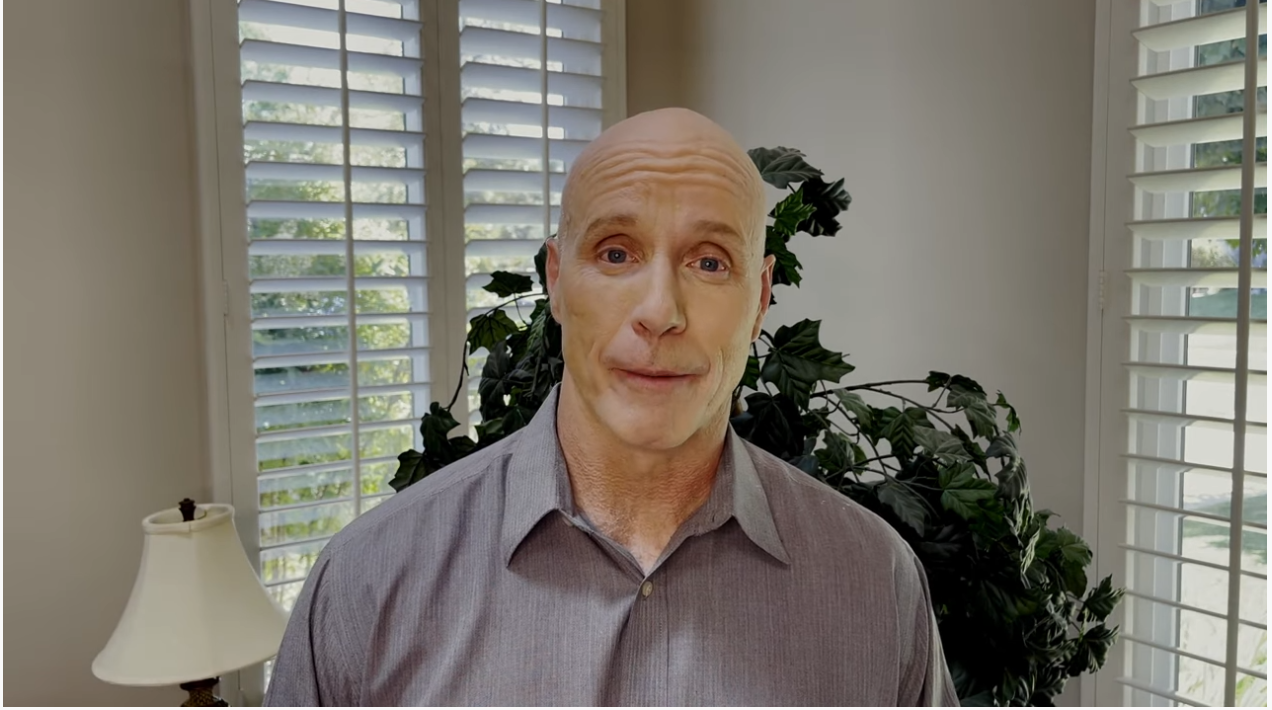 By Jim Mendrinos
By Jim Mendrinos
As one year winds down and the new one starts to unfold, most stand-ups are worried about “What’s next?” Perhaps, last year didn’t go as smoothly as you hoped and you want to fix it. Perhaps, it was your best year ever and you want to keep the momentum moving forward. Whatever your situation, inaction is not an option. What follows are ten very simple things you can do to get yourself ready for the upcoming year.
I’ve broken the list up into four parts: writing, performing, business and branding. All four areas are integral to your comedic health, and all four need maintenance. All too often we have a natural inclination to one area and we just leave the rest to chance. That’s a bad idea. Keep the entire skill set sharp.
Writing is the base from which all other things flow. While comedy is a performer’s medium — there’s a reason why Jim Carrey is more famous than Steven Wright — writing is the backbone on which a good performance is built. Without something memorable to say your comedy becomes fast food, tasty in the moment but forgettable. Here are a couple of things you can do to get your writing ready for the year to come:
1. Update the references. Still doing jokes about the stimulus or Bristol Palin on Dancing with the Stars? That’s so 2010. Comb through your act and see how many dated references you can either update or eliminate. Better yet, make the joke timeless by disconnecting all the pop culture references.
2. The best way to make your act funnier is to eliminate the jokes that “kinda work.” Is the bit solid the entire way through? Do all the tags work? Is the bit ending strong or is it fizzling out because of some weak tag lines? Don’t let the act fold under the weight of your ego. If it doesn’t work, kill it.
3. Are you ready to do some heavy lifting? During the course of the year you pick up extra words. You took the time to get the bits nice and compact in your notebook and as you went from performance to performance your bits picked up hitchhikers. Time to off load them. Find a good recent performance on tape, the longer the better. Now transcribe it. Every “um,” “ah,” extra word, and vocal stumble gets written down. Now compare that to the way the bit was written. What verbal nuances do you want to keep from the way you’re currently performing, and what extra words can you shed? This is the hard work that makes good bits great.
The writing means nothing if you don’t perform it well. Remember the audience expects a show. Get off the back wall, put down the notes and perform, damn it. Here’s some stuff to get you moving in the right direction:
4. Where is the emotion? Comedy is a reaction. Think about it, you’ve never thought about something for a while and then belly laughed. The best and longest laughs are the ones that are an immediate, emotional reaction. If that’s the case, why is your comedy delivered without an emotional backbone? Figure out what you want the audience to feel with each joke and deliver it with that passion. Use your voice and inflection to convey that meaning.
5. Watch the tape and see what doesn’t look right. Trust your eyes, if you think it looks too stiff, or if it seems too frenetic, it is. Nothing inspires you to change your physical performance more than looking at yourself on tape and fixing what’s broken to your eye.
6. Adjust the timing. Every bit, every act and every performer falls out of sync on occasion. One syllable, one rushed or extended pause, one transposed phrase can kill the delicate structure of any performance. Make sure everything that comes out of your mouth is clear in diction and verbiage. Making sure that the rate of speech is correct will make it easier for you to inflect properly, and will give you the spaces to move correctly.
But we aren’t doing this just for the love of the art, we want to get paid. There is a business that needs to be nurtured as well, and hopefully that business goes beyond a collection of mics and stages, and is a plan that you can put into action. Here are a few things to get you jump started:
7. Open a new market. Not a stage, a market. We all want places to ply our craft and earn a living. The best way to do this is to open up the iris of your comedy eye, and look at new types of gigs. If you have clubs, look at colleges. Opening act work, themed theater tours and corporate gigs are all easily in the realm of possibility. If you can imagine it, you can market to it. Take the time to think up a new market for yourself and do the business prep you need to in order to make that market a reality.
8. Keep an eye on television. Your stand-up set on a national broadcast may be years away, or it may be right around the corner, but you need to prep for it like it is happening tomorrow. Do you have a solid 10 or eight or five that you can present to a producer at a moment’s notice? You may get a call to audition that night. If you know what set you’d do, and you take it out for a test spin every once and a while, you’ll be in a better place when you audition. Most comics find that the biggest obstacle to auditioning well is the fear and the panic of being underprepared. Remember, TV sets differ from club sets so study the sets of the guys getting on the late night shows and adapt your sets following those examples.
Now for the ugly word that no one wants to hear, branding. We are all a product, and we have to present that product to stores (agents, managers, TV producers,) and to customers (the audience.) You need to make your product identifiable and marketable. This is what I would start with:
9. Build a slash. The market has changed over the years. Once there was a time when comics could make great money just by doing comedy. That, sadly, is no longer the case. No agent or manager is thrilled with the notion of making 10% of your $125 road gig. You need to show them that you have the ability to earn in order for them to have an interest. Build your slash. Are you a comic/actor? Comic/filmmaker? Comic/writer? Show them additional revenue streams to up their interest. Get some training and experience in that slash in order to make you an easier to place product.
10. Clean up your web presence. Let the audience find you by having a home on the web with information about your performances, video that is reflective of your current act, and ways of communicating with you. A fan base is worthless if it is scattered and inaccessible. Corale them by focusing your web presence.
While most of these things are designed for you to do on your own, don’t be afraid to get other opinions on your art. Ask most successful comics and they will tell you that their act was greatly enhanced by a peer, mentor, or teacher. Don’t be afraid to ask for help. It could be taking a class, hiring a coach, or treating a buddy you respect to a drink to talk over your set – but any way you put it, it is an investment in your art.
Of course, there’s always more to do, but hopefully these 10 things will help you troubleshoot your act, and get you off to a running start in 2011.
Jim Mendrinos is a comedian and comedy teacher for Gotham Comedy Club (http://tinyurl.com/GothamComedyClass,) and the author of the The Complete Idiot’s Guide to Comedy Writing
(http://tinyurl.com/CIGComedyWriting.) Writing tips and motivations from the pages of the book will be sent out on Twitter. Sign up at Twitter or join the discussion on Facebook. Contact Jim directly at jmendrinos@gmail.com, or follow him on Twitter.




















